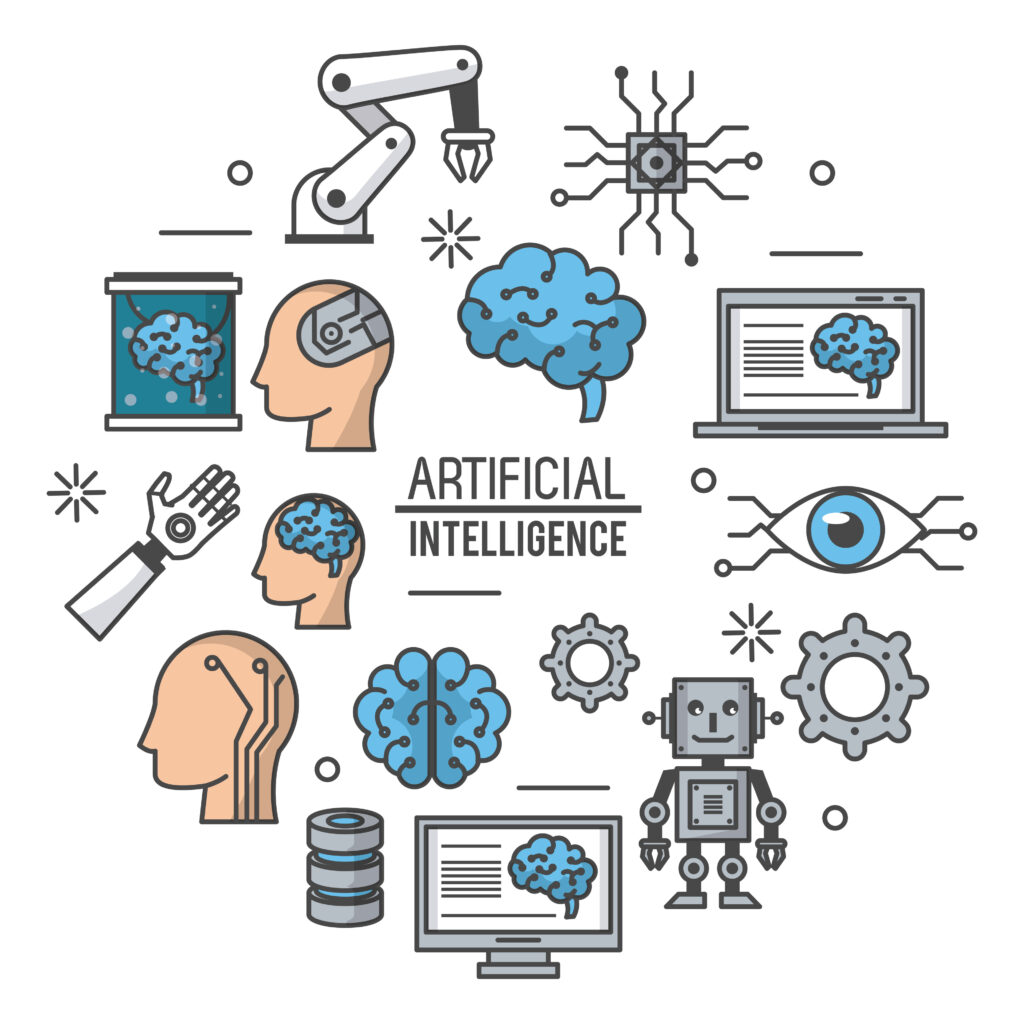I don’t know if Oscar Wilde, the writer of “The Importance of Being Earnest” and many other works, could have dreamed up a chatbot but I do know that AI tools do not understand the art of writing, do not have souls and certainly are lacking a sense of humor. Good writing is human writing. Humans must learn the art of writing to do it well. But does anyone care?
AI Chatbots in the News
If you live on planet earth, you have likely read something in the past few weeks about artificial intelligence (AI)-generated writing tools, such as ChatGPT. Stories about AI’s chatty powers are everywhere: For the PBS NewsHour, Jonathan May wrote about ChatGPT’s strengths and weaknesses, noting that AI can only learn from human inputs. “So it doesn’t have facts, per se,” May writes. “It just knows what word should come next. Put another way, ChatGPT doesn’t try to write sentences that are true. But it does try to write sentences that are plausible.”

Plausibility. A great concept if you are a lawyer or someone who can deny
knowing something just because there is no proof to
the contrary. Bots and the artificial intelligence behind them are
not lawyers. Maybe AI can help lawyers. …
David Brooks brought a more human angle to the AI discussion in his piece on the Opinion pages of the New York Times, urging younger workers who are more likely to live in a world where AI is a part of their work to “gravitate toward any class, in the sciences or the humanities, that will help you develop the following distinctly human skills: a distinct personal voice, presentation skills, a childlike talent for creativity, unusual world views, empathy, and situational awareness.”
No bot or AI tool in the world, Brooks tells us, can replicate the human part of you. We’ve known this since 1984’s Terminator (side bar: Michael Biehn!). After all, I am a food writer (mostly) and humans eat, chatbots do not. Well, maybe some chatbots do, as the human writer Robin Sloan wittily recounts (sort of) in his book, Sourdough.
Am I afraid of AI?
No, I am not afraid of AI. I’ve been using variations of AI for years. And I am human.
I work as a writer. As a writer, I fully support my humanness and its importance in writing and marketing. I fully support a writer’s right to own the uniqueness of their ideas and words. I am someone who spends most of their days researching and writing (copywriting, content marketing writing and editorial writing). I’ve been living in an AI-adjacent world for years.
I’ve used Jasper AI (formerly known as Jarvis) to double-check my work and make sure I am not repeating myself when a client asks again (and sometimes, yet again) for a piece of writing on a topic that reads like my stellar original. I’ve used ClearVoice, ClearScope and other AI-powered
and AI-supported tools to rethink word order or keywords that belong in my SEO content marketing writing. I rely on Google’s internally developed AI tools to mix and match my writing for dynamic search ads, responsive search ads and responsive display ads for
display on countless web pages.
In the world of writing for the digital space, these tools help me be more competitive and help my writing achieve my goals: to educate readers and persuade someone to take an action. (It’s all about the click-throughs and KPIs, right?) Since I am not a bot and I do have a soul, I like these tools for what they offer me, the human: some relief from repetition.
I am a Human Thesaurus: The Value of Human Writing
Repetition of any skill or task can be mind-numbing. And, typically, jobs that require doing the same thing over and over and over are low paid, requiring little of the humanness that Brooks notes is critical to good writing. And this is where it gets interesting to me: many editors and CMO’s create entry level writing jobs for their businesses because they do not perceive – or cannot afford – the value of well-crafted, human writing.
This lack of perceived value is the bane of my industry. I was once offered a penny a word on a writing contract for a 2,000 word think piece which would net $20 and take many hours of time to research and write. It was an insult to even be offered this fee. Every writer I know has some version of this story. So where is my value?
Are Writers Replaceable?
My experience is what makes me hirable for many kinds of writing. It is my very humanness, my years of developing my own, sometimes crass, sometimes witty voice that adds perceived and real value to my work. Though I have already learned the art of persuasion, many new-to-the-workforce humans learn this valuable skill in writing and marketing jobs, including social media marketing. These jobs are often the first steps on a marketing career ladder. Chatbots demonstrate basic, plausible writing skills but they cannot replace voice.
If editors and CMO’s do not see the value in training humans to be good writers, then we are truly facing an AI problem. Young writers need a chance to develop their voice within business. If not, we are looking at a world where individual voices will be developed only on social media or whatever other platform we haven’t conceived of yet. Which may be our future, but this narrow thinking deprives the corporate world of the unique voices of humans and the chance to develop them. I plan to search out the editors and CMO’s who value what I bring to the table. I am human and I have a unique voice.

